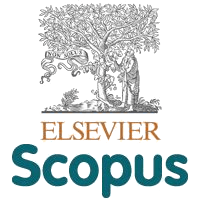Research on Solder Joint Quality Analysis Algorithm Based on Improved Deep Learning
Abstract
The quality of solder joints in circuit boards has a significant impact on the reliability of circuit operation. In order to improve the rapid detection ability of abnormal welding problems on the production line, different abnormal types are classified in a large number of inspection photos, and an improved deep learning-based solder joint quality analysis algorithm is proposed. First, the collected original image data is filtered to reduce the original noise. Then, through adaptive moment estimation and accelerated convolutional neural network, a large number of welding pictures are quickly classified to improve the processing speed. Finally, improved deep learning is used to complete the identification of solder joint quality. The experiment analyzes 6000 welding pictures, of which 4000 are training sets and 2000 are test sets. Compared with the traditional algorithm, he experimental results show that the recognition accuracy of the three algorithms is similar to more than 98% for small ball and bridge defects. For virtual solder and less tin defects, the recognition rates of the two traditional algorithms are 78.9% and 81.3%, respectively, while the algorithm is 93.5%, which has obvious advantages. In the test set of 2000 groups, the comprehensive detection rate and recall rate of this algorithm can reach 97.92% and 98.21%. This algorithm has a good application prospect in the process of quality inspection of a large number of solder joints of circuit boards.



